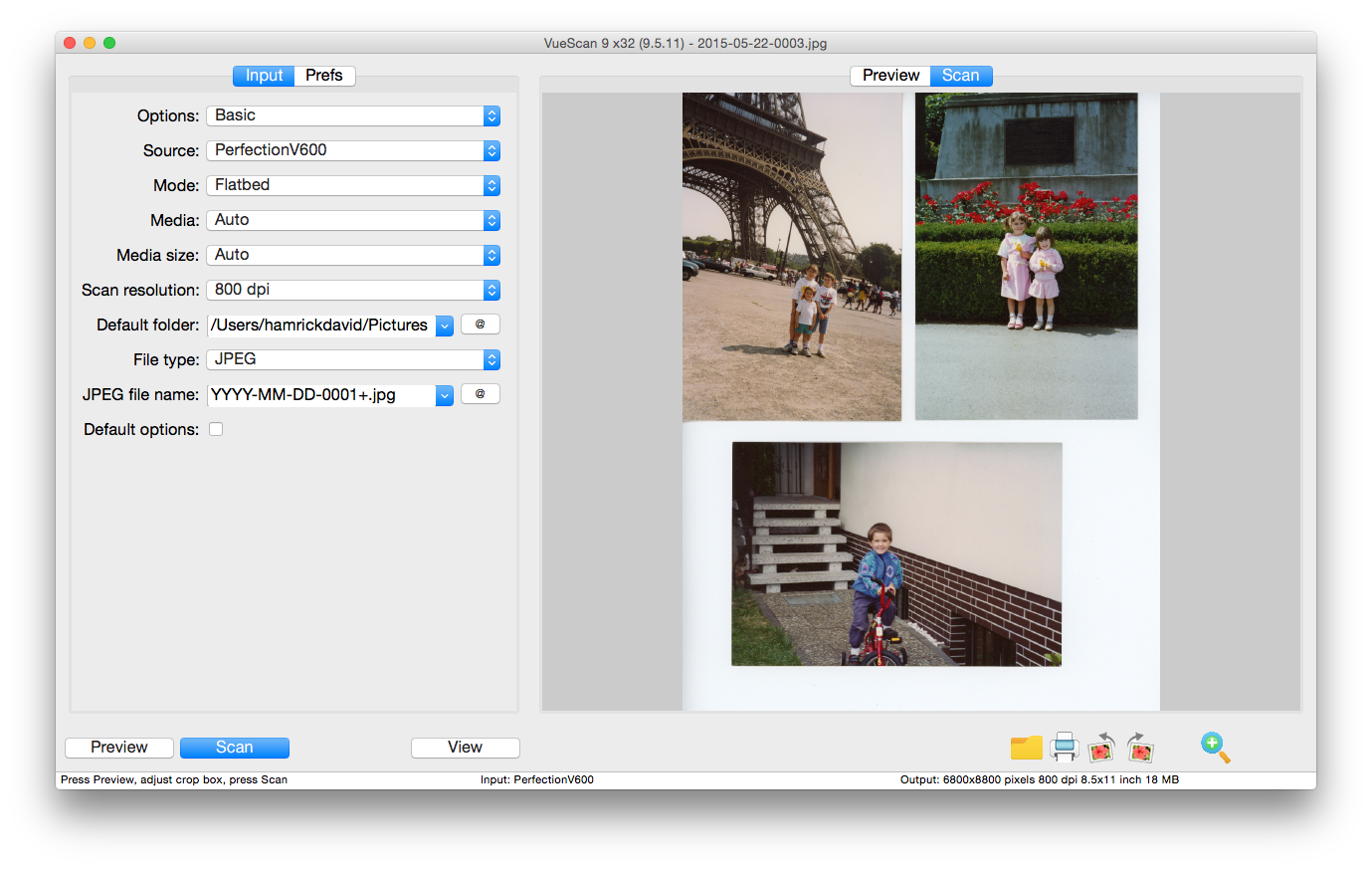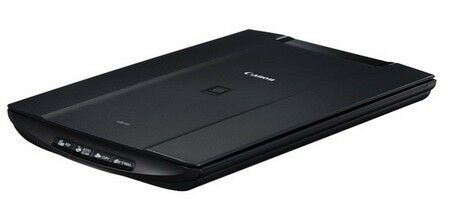Canon Scanner Software | VueScan Scanner Software
Mục lục bài viết
Canon Scanner Software
Why might you be looking for scanner software for your Canon scanner in 2023? The first reason is that they’re all very good scanners and you may have owned one for many years. The second reason is that you have tried to plug your scanner in to your computer and found that it wasn’t recognized by the operating system’s scanner software. This may have led you to search on google for something like “canon scanner software” or “canon lide 110 driver”. You might check on Canon’s website and discover that your model hasn’t been supported for years and that you’re out of luck.
Fortunately there is another way! We created our software, VueScan, to be a solution to that problem. Instead of needing to download a driver from the manufacturer and a software to run the scanner you can download one small file from us, install it on your computer, and within 60 seconds you should be able to press the Scan button within VueScan and be up and running again.

How are we able to do this? In most cases, VueScan doesn’t need a driver from Canon, so how is VueScan able to communicate with the scanner? This is where VueScan’s secret sauce comes in to play. Over the past 20 years, we have been reverse engineering scanners so that we are able to communicate with them without needing a driver from the scanner’s manufacturer.
Why doesn’t Canon prioritize keeping old scanners working? It’s hard to discern the motivations of a large and complex organization. But our guess is that it has something to do with the cost of keeping software and drivers up to date, and the desire to continue to sell new scanners. We think that there is a better way, and have found that a small team of two programmers is able to keep our software working with over 6000 scanners in a way that a multibillion dollar company isn’t.
History of Canon Scanners
Canon has released some of the most popular scanners of the last 20 years, starting in the year 1998. Canon’s most widely sold scanner product lines have been the LiDE series (USB powered portable scanners), the CanoScan series (flatbed scanners with a film scanning lamp in the lid) and the Pixma series (printer/scanner/copiers with a scanner on top).
Canon’s LiDE Scanners

The LiDE scanner series began with scanners based on the National Semiconductor LM98XX chipsets, and were widely sold between 1998 and 2001. These included the N650U, N670U, N1220U, LiDE 20, LiDE 25 and LiDE 30. These were USB 1.1 scanners powered by the USB cable, and while they were portable, they were also fairly slow.
Once USB 2.0 became widely available after 2002, Canon switched their LiDE scanner series to use chipsets based on the Genesys Logic GeneScan series. These supported USB 2.0, were very fast, used little power and were powered by the USB cable. These LiDE scanners were probably Canon’s biggest selling scanners ever, and included the LiDE 35, LiDE 50, LiDE 60, LiDE 80, LiDE 90, LiDE 100, LiDE 110, LiDE 120, LiDE 200, LiDE 210, LiDE 220 and LiDE 700F.
Recently, Canon released the LiDE 300 and LiDE 400 scanners, which are still USB bus powered, but use a proprietary chipset and a command set the same as newer Canon printer/scanner/copiers. One thing to be careful of is that many people have reported to us that these models of scanners are often non-functional the first time they’re used. Because of this, we can’t recommend people buy these, but instead recommend that people buy a used LiDE 100/110/120/200/210/220 on ebay.
VueScan supports all of the LiDE scanners, with the exception of the LiDE 70, LiDE 500F and LiDE 600F, which use an undocumented chipset.
Canon’s CanoScan Scanners

Canon began releasing their CanoScan series in 2004 with the 8000F and in subsequent years the 9900F, 5000F, 3200F, 5200F, 8200F and 9950F. These are all flatbed scanners with a lamp in the scanner lid for scanning film. These all use proprietary, undocumented chipsets and generally only work with VueScan on Windows using a plugin library installed with the drivers from Canon.
Starting in 2007, Canon released four CanoScan scanners based on the same Genesys Logic chipsets as their LiDE scanners. These were the CanoScan 4400F, CanoScan 8400F, CanoScan 8600F and CanoScan 5600F. VueScan supports all these CanoScan scanners on all platforms, without using any Canon plugin libraries.
Starting in 2009, Canon releaased three CanoScan scanners using the same proprietary chipsets as they used in their printer/scanner/copiers. These were the CanoScan 8800F, CanoScan 9000F and CanoScan 9000F Mark II. VueScan supports all these CanoScan scanners on all platforms, without using any Canon plugin libraries. The CanoScan 8800F is especially popular for VueScan users, since it was widely sold and is still a very good scanner.
Canon’s Pixma printer/scanner/copiers

Canon began releasing their Pixma printer/scanner/copiers in about 2003, and in the subsequent 18 years have released more than 200 models of printer/scanner/copiers, all of which use a similar command set to the CanoScan 8800F.
These scanners use the LiDE technology internally, with an LED lamp and a ‘contact image sensor’. These scanners are quiet, fast and reliable and are widely used. Many of these scanners use both USB and WiFi interfaces, and work well with both.
Market for Canon Scanners
Canon sold a large number of LiDE, CanoScan and Pixma scanners. The LiDE and CanoScan scanners can often be found for a very low price on ebay. However, it’s harder to find Pixma scanners on ebay since printers often wear out or don’t have easy availability of ink cartridges.
VueScan and Canon Scanners
The Canon scanners that use the Genesys Logic chipsets work very, very well with VueScan, better and faster than the software that originally came with these scanners. This is because we’ve worked very hard to optimize the use of the Genesys Logic chipsets with VueScan.
Why should I use a Canon scanner in 2023?
VueScan works extremely well with these scanners, and they just don’t wear out. There’s an active market for used LiDE and CanoScan scanners on eBay, and they’re often sold for really low prices because drivers aren’t available for some operating systems.











